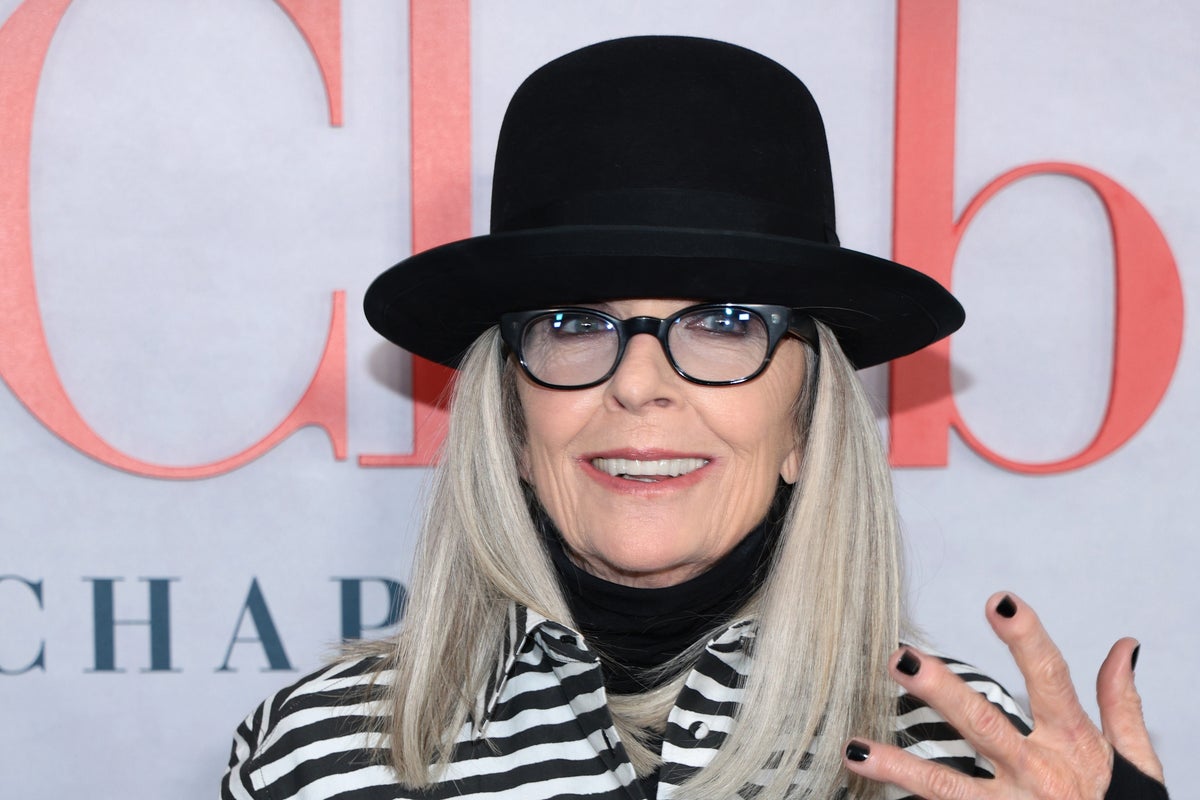James Delaney Scotland
 Getty Images
Getty ImagesSNP members have backed John Swinney’s plan to declare a mandate for a second independence referendum, if the party wins a majority of seats in next year’s Holyrood election.
The first minister’s strategy was endorsed ahead of a bid to make the 2026 ballot a de-facto vote on independence.
Swinney told the SNP conference in Aberdeen his proposals were the most realistic way of pursuing the goal, based on a previous precedent which brought about the 2014 referendum.
Sir Keir Starmer, who would have to agree to a new vote, previously said he could not imagine indyref 2 taking place during his time as prime minister.
In his speech on Saturday, Swinney told party members they would “win big” when voters go to the polls.
He added: “The precedent is clear, when the SNP win a majority, we deliver a referendum on independence.
“We’re going to win a majority for the SNP to deliver that choice for Scotland.”
 PA Media
PA MediaA proposed amendment would have seen the Scottish parliament election treated as a substitute referendum by the party.
That plan would claim a mandate for independence if more than 50% of the votes cast in the Holyrood list ballot were for pro-independence parties, such as the Scottish Greens and Alba.
SNP member Derek Pretswell, from the Oban and Lorn branch, argued that this would be a “fair mechanism” to achieve majority support for independence without seeking approval from the UK government.
But Swinney said he did not become leader of the party to “make a difference at the margins”.
He told delegates: “I took the leadership to deliver independence and that’s exactly what I’m going to do for Scotland.
“We will deliver Scotland’s choice and we, the Scottish National Party, will win independence for Scotland.”
Other amendments to the strategy were accepted, including supporting Scotland joining the European Union in the event of a successful independence vote and “constructive working” with other parties.
In June, Starmer told ‘s Good Morning Scotland programme an SNP victory at next year’s Holyrood elections would not change his mind on a second independence referendum.
Scotland voted against leaving the UK by a margin of 55.3% to 44.7% in September 2014.

This was an important vote for John Swinney.
If it had gone the other way it would have seriously undermined his leadership.
In a lively debate there were some strident voices arguing that the next Holyrood election should be used as a substitute referendum.
That was an idea that John Swinney’s predecessor Nicola Sturgeon flirted with shortly before her resignation.
Those arguing for a version of that strategy today were more from the party’s grassroots with one former MP adding his voice.
The leadership shares their frustration about the lack of any guaranteed route to Scottish statehood.
Winning a majority of seats is a huge task for a party that’s been in power for nearly 19 years and, even if that happens, the UK government could still block another referendum.

Meanwhile, the Scottish Conservatives’ deputy leader, Rachel Hamilton, said the SNP had “lost all credibility”.
She added: “The SNP showed themselves in their true colours at this debate, ludicrously labelling the same old obsession with independence ‘a fresh start’.
Scottish Labour constitution spokesman Neil Bibby described the vote as a “waste of time” and called on the SNP to address concerns over Scotland’s public services.
He said: “One person dies from a drug overdose almost every seven hours in Scotland, one in six Scots is on an NHS waiting list, violence is rising in our schools, and a housing emergency is causing misery for families across the country – yet the SNP has no answers.
And Alba leader Kenny MacAskill, who succeeded the late Alex Salmond, described the vote as a “missed opportunity”.
The former SNP minister said Swinney had “handed a veto” to the UK government over whether the country could host another independence vote.
MacAskill added: “This vote is a missed opportunity to unite the independence movement and pursue a clear, credible and popular strategy to seek and achieve a mandate for independence.”





